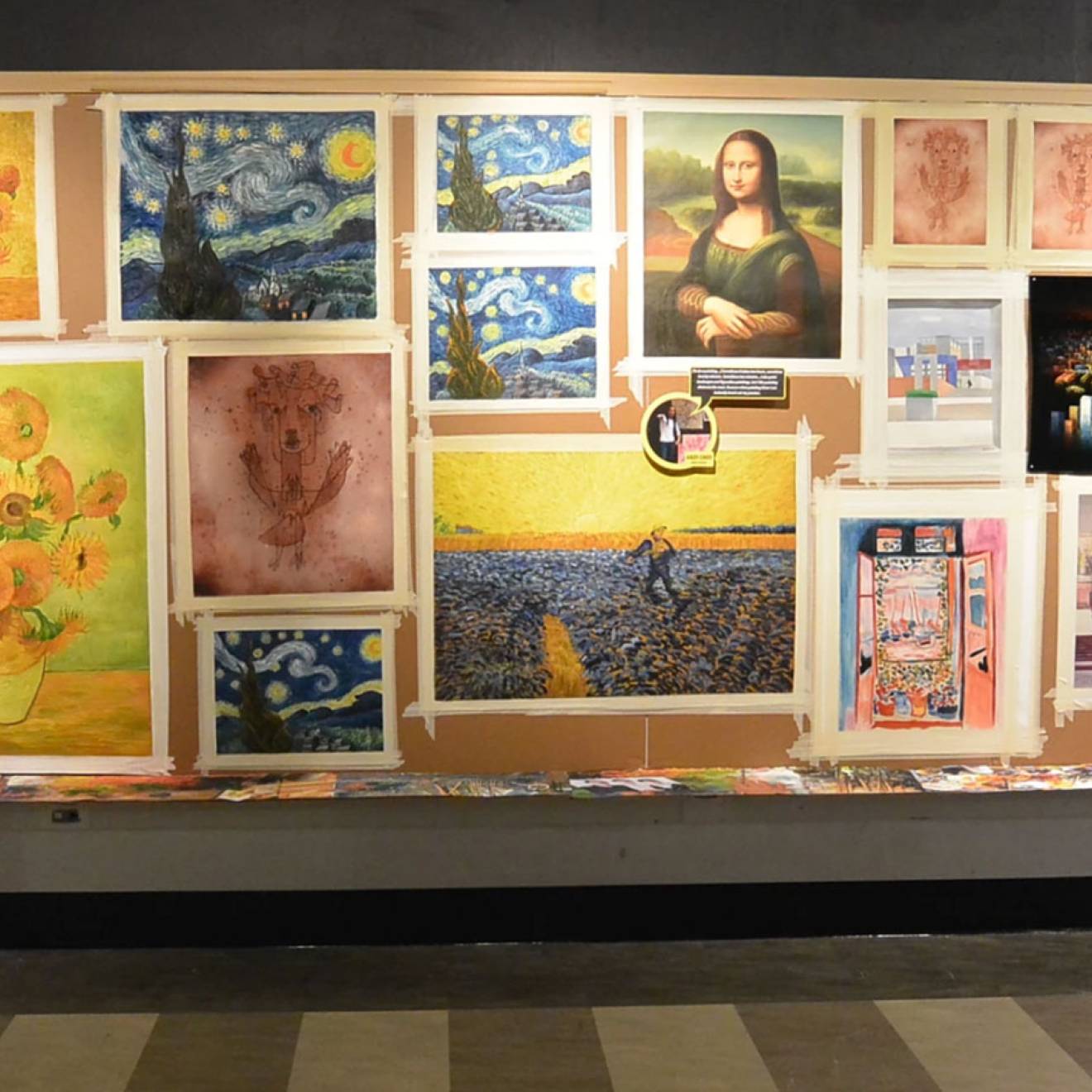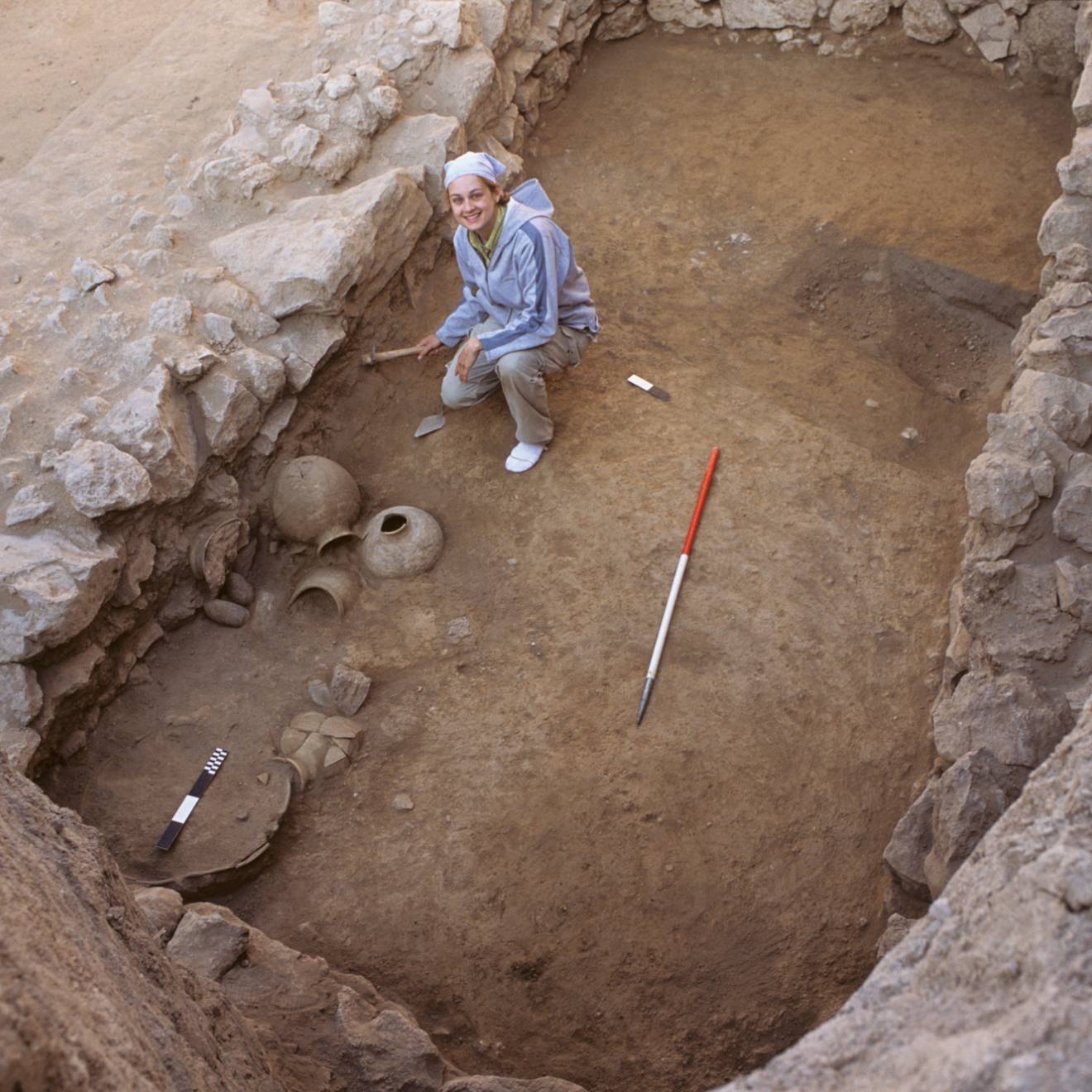Pat Harriman, UC Irvine

Not just anyone can become Teacher of the Year. It requires going above and beyond the call of regular duty, and during a pandemic, when that call has been even more challenging, earning the designation is particularly remarkable. When one UC Irvine alum is named a California Teacher of the Year, it’s a point of pride. When two alums — Laura Gómez, who earned a B.A. in 1994 and a teaching credential in 1996 at UC Irvine, and Jim Klipfel, who earned a teaching credential in 1993 — are chosen in the same year, it’s something to brag about.

Courtesy Jennifer Klipfel
Further bragging rights: Klipfel has been nominated for National Teacher of the Year. Five K-12 educators receive the state title each year, and one is then selected to represent California in competition for the National Teacher of the Year designation, announced by the president at a Rose Garden ceremony in the spring.
Although Gómez and Klipfel teach different grades in different cities — she’s a third-grade teacher at Glenn L. Martin Elementary School in Santa Ana, and he’s an 11th-grade U.S. history teacher and swimming coach at Saugus High School in Santa Clarita — both have been educators for more than 25 years. And in talking with them, we learned that they have much more than that in common.
Here, Gómez and Klipfel share their thoughts on their profession; commitment to making a difference in their school, district and community; and appreciation for their time at UC Irvine.
Q: Being a schoolteacher is a labor of love. Being a schoolteacher during a pandemic is a herculean labor of love. Congratulations on being named a California Teacher of the Year. When did you decide to become a teacher, and how did you know that’s what you wanted to do?
Laura Gómez (LG): In high school, initially, I thought I wanted to teach Spanish to high school students, but when I worked as an elementary aide, I realized how much I enjoyed working with younger students. I was fascinated by their natural, unfiltered curiosity and found it greatly rewarding when they had “aha!” moments. I was deeply touched by my French teacher in high school. She had a way of making us feel seen, and that’s what I wanted to do for my students.

Courtesy Laura Gómez
Jim Klipfel (JK): I’m the youngest of eight kids, and just growing up and getting a formal education are difficult. Nobody says, “Oh, I’m getting too much support or love,” and I got addicted to the idea of being able to help people through struggles and obstacles. It’s rewarding. I’m an avid reader and traveler and am interested in politics and history. I was able to combine all that into teaching. Just give me the challenge and a classroom, and I’ll have a blast helping kids.
Q: What do you enjoy most about teaching?
LG: I treasure my relationships with students and really enjoy watching them grow. My educational plan for every student is to meet them where they are and enrich their experiences with leadership opportunities, innovative and meaningful lessons, enrichment activities, science experiments, monthly presentations, and exposure to various art media to express themselves and capture their learning.
JK: The best part of it is helping. In my office, on my wall, there’s a pom-pom and, right next to it, a bullwhip. And those are kind of my symbols for teaching. The bullwhip means, “Hey, I know what you’re capable of, and I’m not going to lower the bar.” The pom-pom means I’ll do whatever it takes to get you there. I’ll pay for your lunch, buy your AP tests; I’ll let you redo something — whatever it takes, but we’re going to get you to your potential. And, of course, everybody’s at a different place.
Q: What are you most proud of as a teacher?
LG: Bringing Academic Family Nights to Martin Elementary, which combine my love for students as leaders, family involvement, academic rigor and experiences that create memories. We realized we did not have enough adults to oversee the games for the first math event. The solution to this is my favorite part: We trained our students to lead the different activities with their parents. They took a copy of the game and materials and practiced at home, focusing on presentation skills and their ability to show how to play. Students beamed with excitement. The great success of that first Family Math Night was largely due to students leading the games. We now host hundreds of delighted children and parents at each of our Family Nights.
JK: Growing. I’ve taken ideas from plenty of other heroes in the profession and am an avid reader of educators, about the psychology, the human condition of my subject area. I’m a big fan of student evaluations. I have kids evaluate me at the end of the year and spend days over the summer reviewing them and figuring out how to retool and better connect. So perhaps one of the things I’m most proud of is that I’m never content. I don’t feel like I’m a pro veteran; I feel like I constantly have to sharpen the saw.
Q: How did UC Irvine prepare you for success as a teacher, and would you recommend it to those who are pursuing a teaching career?
LG: I am very proud of the educational experience I had at UC Irvine. It was a time of self-discovery, learning through our courses and the connections I made with people. Being part of a small department provided me with a very unique opportunity. As a first-generation college graduate, I found it extremely helpful and reassuring to participate in the Summer Bridge Program. It gave me a level of confidence that I might not have had otherwise. One thing I always enjoyed is that there was a strong sense of support from professors and advisers. They wanted us to succeed. I would definitely recommend UC Irvine.
JK: Grad school in general is just a busy time in life, and I’m thankful I got to do it in Irvine. It was a phenomenal group of people who really connected with and inspired me. I recommend it all the time. UC Irvine is an outstanding resource that is not harvested enough, in my opinion.

